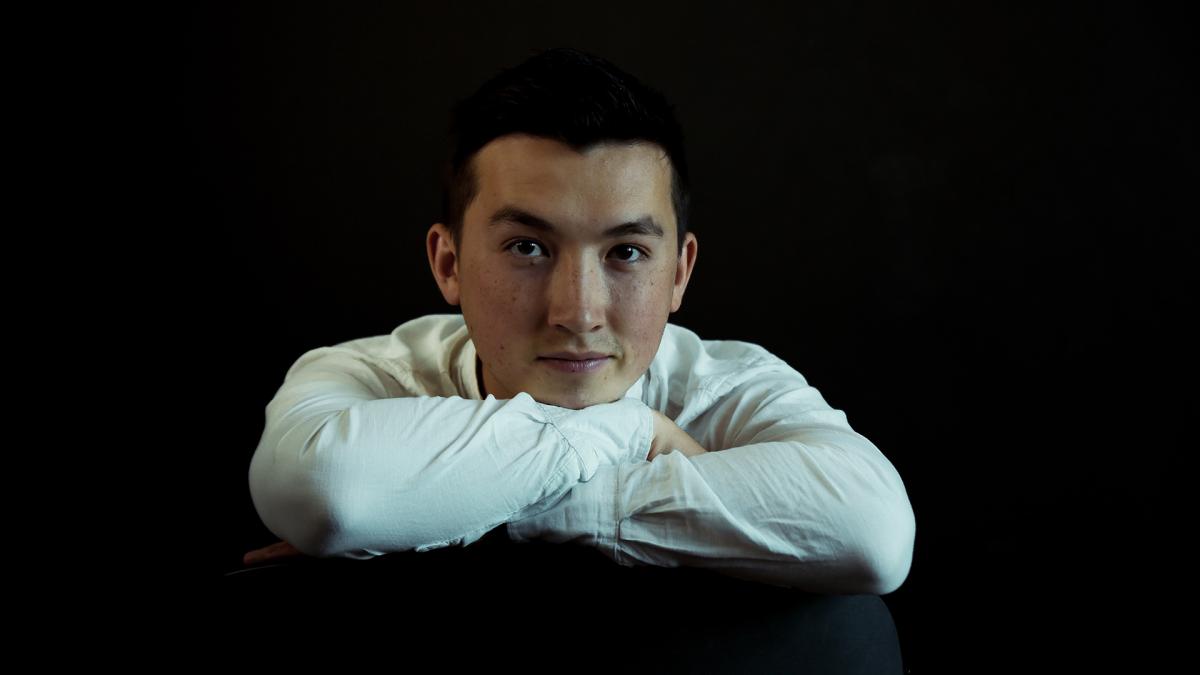Sibelius Academy Symphony Orchestra: Czech Republic between East and West
The concert of the Sibelius Academy Symphony Orchestra focuses on the compositions of Antonín Dvořák and Leoš Janáček.

Performers
- Sibelius Academy Symphony Orchestra
- Sakari Oramo, conductor
- Nils Hansson, soloist
Concert description
Since the second half of the 19th century, nationalism was a hot topic of discussion in the formerly very diverse Austria-Hungary. In a composer’s career, this manifested as a balancing act between the requirements of national and international music life.
Antonín Dvořák’s (1841–1904) career is one example of this. He was interested in national topics, and he enriched his musical colour palette with folk music. However, Dvořák had international career aspirations, which in turn required becoming mainstream. In German-speaking countries and England, symphony was seen as the crown jewel of art music. Dvořák wrote nine symphonies inspired by the examples of Beethoven and Brahms. The eighth symphony (1889) features a new, more poetic approach by the composer, which manifests itself as themes of folk music and a more rhapsodic treatment of the strict principles of symphony form. On the other hand, the composer created consistency that kept the package unified through motivation and, above all, through the way he processed the rhythm.
Leoš Janáček (1854–1928) also succeeded internationally, especially after his first opera, Jenufa. The First World War broke down Austria-Hungary, whose ruins gave birth to several nation states with their own national institutions. In fact, Janáček composed a number of pieces at the request and honour of the Czech army, creating traditions for new institutions and strengthening national self-esteem. In the first half of the 20th century, folk music became the foundation of national art music cultures, especially in Eastern Europe. Janáček succeeded in creating very original melodic language that combines modernism and folk music.
The programme of the Sibelius Academy Symphony Orchestra concert is complemented by Beethoven’s piano concerto.
The concert will be organised in cooperation with the Royal Conservatoire of Scotland music university.
Additional information: Márta Schmisdt, márta.schmidt@uniarts.fi
Performers
- Sibelius Academy Symphony Orchestra
- Sakari Oramo, conductor
- Nils Hansson, soloist
Concert description
Since the second half of the 19th century, nationalism was a hot topic of discussion in the formerly very diverse Austria-Hungary. In a composer’s career, this manifested as a balancing act between the requirements of national and international music life.
Antonín Dvořák’s (1841–1904) career is one example of this. He was interested in national topics, and he enriched his musical colour palette with folk music. However, Dvořák had international career aspirations, which in turn required becoming mainstream. In German-speaking countries and England, symphony was seen as the crown jewel of art music. Dvořák wrote nine symphonies inspired by the examples of Beethoven and Brahms. The eighth symphony (1889) features a new, more poetic approach by the composer, which manifests itself as themes of folk music and a more rhapsodic treatment of the strict principles of symphony form. On the other hand, the composer created consistency that kept the package unified through motivation and, above all, through the way he processed the rhythm.
Leoš Janáček (1854–1928) also succeeded internationally, especially after his first opera, Jenufa. The First World War broke down Austria-Hungary, whose ruins gave birth to several nation states with their own national institutions. In fact, Janáček composed a number of pieces at the request and honour of the Czech army, creating traditions for new institutions and strengthening national self-esteem. In the first half of the 20th century, folk music became the foundation of national art music cultures, especially in Eastern Europe. Janáček succeeded in creating very original melodic language that combines modernism and folk music.
The programme of the Sibelius Academy Symphony Orchestra concert is complemented by Beethoven’s piano concerto.
The concert will be organised in cooperation with the Royal Conservatoire of Scotland music university.
Additional information: Márta Schmisdt, márta.schmidt@uniarts.fi